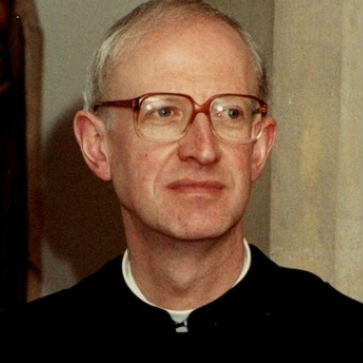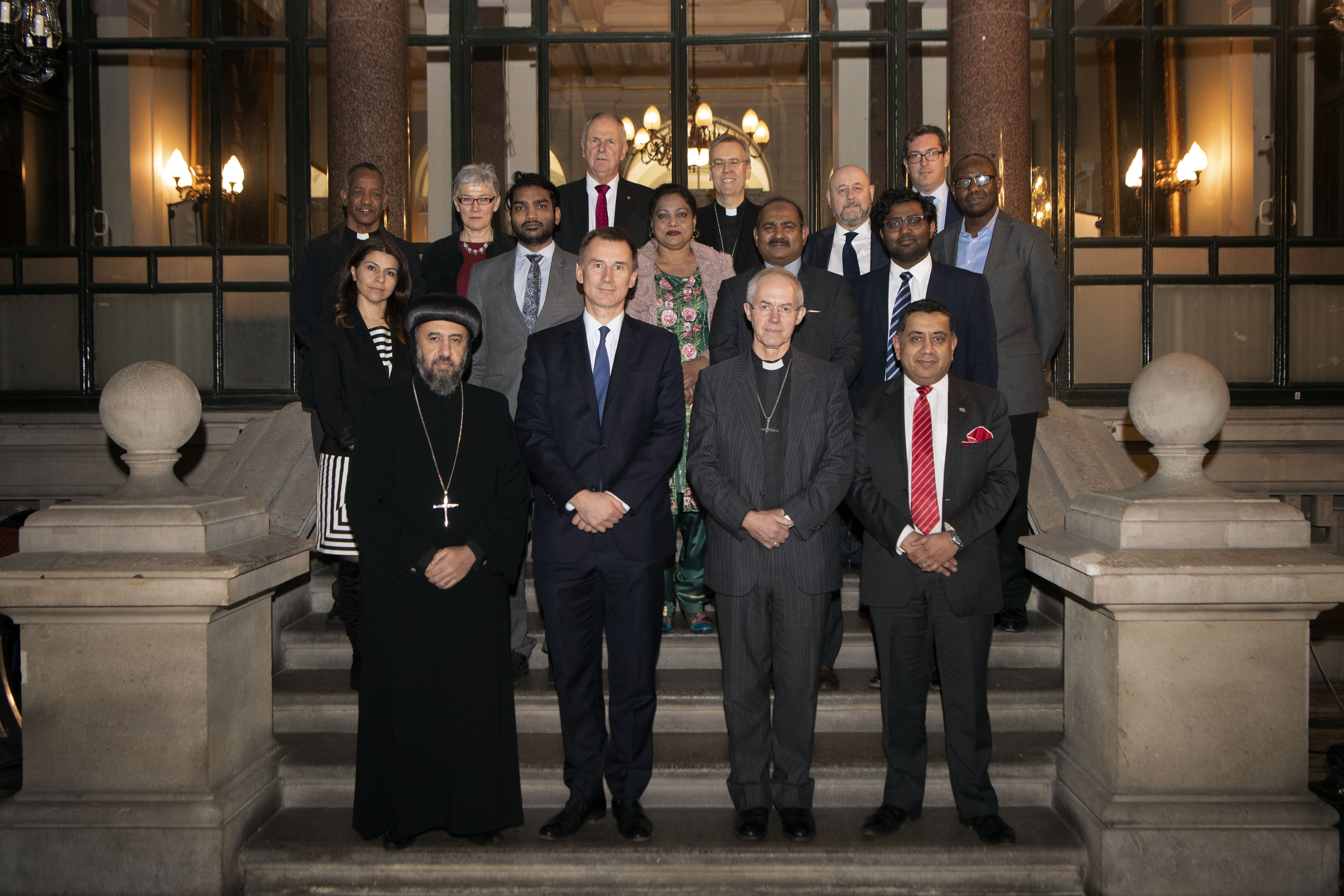The Catholic Church in England and Wales and the Church of England has called on the Government to address the persecution of Christians and to protect freedom of religion and belief.
In a joint response to the Government-commissioned independent review of Foreign and Commonwealth Office (FCO) support for persecuted Christians, Cardinal Vincent Nichols, Archbishop of Westminster and Archbishop Justin Welby, Archbishop of Canterbury, argue that Government should promote freedom of religion and belief as a fundamental human right.
Earlier this year, Foreign Secretary Jeremy Hunt ordered an independent global review into the persecution of Christians led by the Bishop of Truro, Philip Mountstephen. The review will make recommendations on the practical steps the government can take to support persecuted Christians.
In a letter addressed to “Bishop Philip” accompanying their response to the review, Vincent Nichols and Justin Welby write that “Christians form an important part of the social fabric in almost every country of the world.”
They continue: “Yet in many places, our Christian sisters and brothers face persecution of an intensity and extent unprecedented in many centuries.”
“This Submission is shaped by their voices and by our commitment to make them heard.”
They cite the words of Pope Francis when he met representatives of the Yazidi people last year: “It is unacceptable that human beings should be persecuted and killed due to their religious membership! Every person has the right to profess his or her own religious creed freely and without constraint.”
“We ask Her Majesty’s Government to take note of the practical recommendations offered by our Churches in this Submission and to take meaningful action not only in protecting Christians facing persecution but also in promoting freedom of religion and belief more widely,” they write.
In their eleven page submission, the Christian leaders say that while they welcome the review, they are “disappointed” that it is limited to the FCO rather than including other Whitehall departments and bodies, in particular the Department for International Development (DFID) and the Department for International Trade along with the Cabinet Office, National Security Council and the Home Office.
They call for a “joined up approach”: “The Government’s work promoting FoRB should not be seen as an isolated strand of diplomatic activity, but incorporated into aid, trade, resettlement, asylum and security policy,” they write.
Citing the example of Daesh’s destruction of Christian towns in Northern Iraq leaving communities without homes, basic facilities or livelihoods, they point out that some of the critical long-term challenges to Christian communities and other religious minorities experiencing persecution are linked to poverty or economic hardship. UK aid – administered via DFID – should therefore take this into account.
“The Department for International Trade (which has established offices in twelve ‘human rights priority countries’ where the FCO has raised concerns about FoRB violations) should make human rights including FoRB an intrinsic part of its mission”, they add.
The leaders also point out that the structure of resettlement programmes in the UK “does not inadvertently exclude particular groups, especially religious minorities who are often the most severely affected by conflict”
They urge the government to “consider further measures to ensure religious minorities are protected, including taking account of religion or belief as a vulnerability criterion when there is clear evidence that people are being targeted on this basis”.
The Home Office was accused last month of “shocking illiteracy of Christianity” when it was found to have rejected an Iranian asylum seeker’s claim because he said that Christianity was a peaceful religion.
In a series of further recommendations, Cardinal Nichols and the Archbishop of Canterbury call for improved training on religious literacy for ministers and diplomats; for diplomatic posts to provide mandatory reports about the FoRB situation in their respective countries and for the Special Envoy on Freedom of Religion or Belief to be a dedicated post, not combined with other roles.
They write in conclusion: “Every day people across the world are facing discrimination, persecution or even death because of their beliefs. This is a grotesque violation of the human dignity innate to all people. The UK government has consistently spoken up for freedom or religion or belief but has so much more potential to make a real and lasting difference on the ground.
We hope that our submission and recommendations can contribute towards forming a bold strategy for defending this right. It is only through measurable actions, honest scrutiny and a lasting commitment to freedom of religion or belief for all, that the UK can meet its moral responsibility to protect those suffering persecution.”



 Loading ...
Loading ...